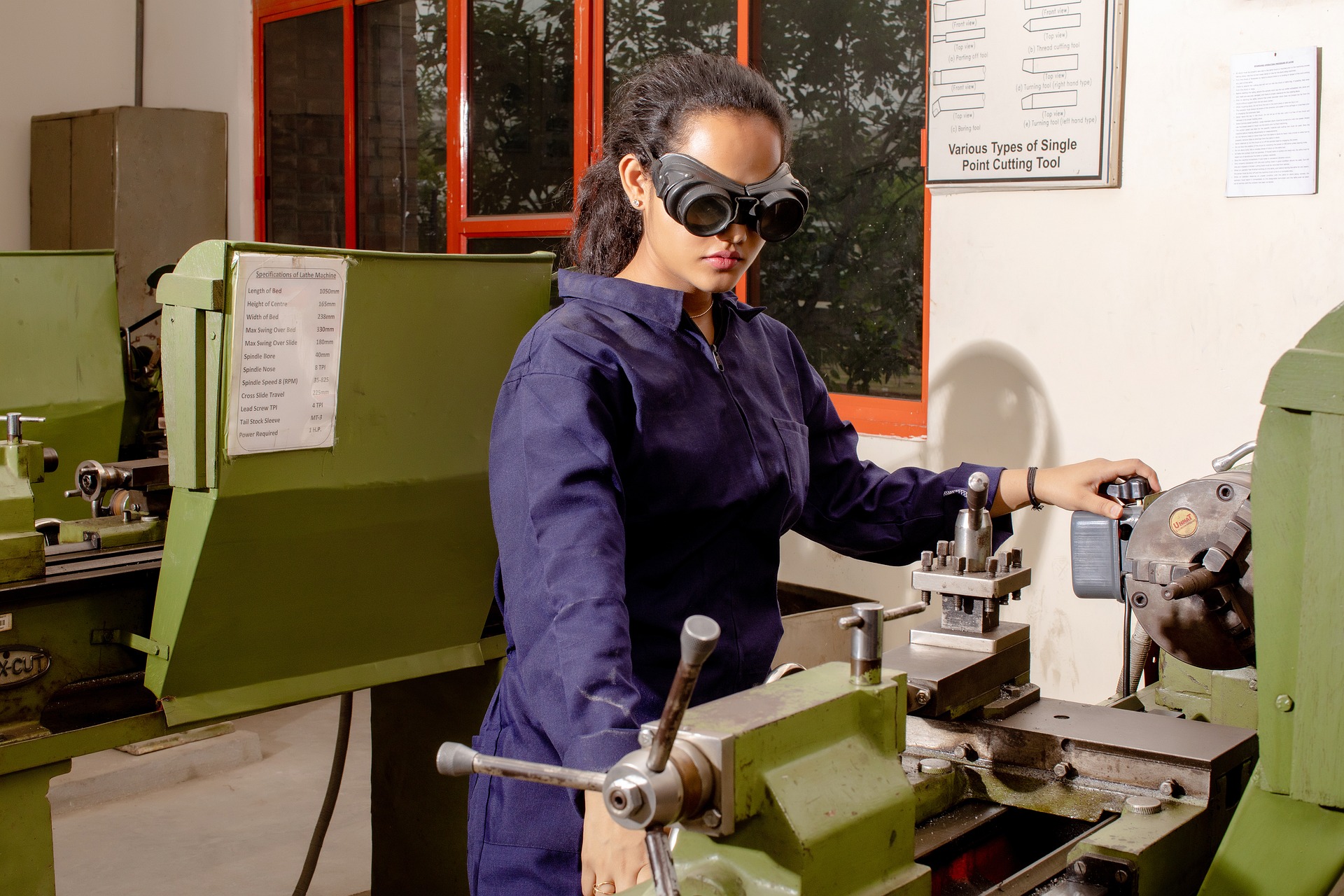Food Packaging Jobs in Switzerland: Roles, Pay and career opportunities.
Swiss food packaging roles span production lines and cold‑chain hubs. This guide covers hygiene standards, entry routes with basic skills, shift work and premiums, pay ranges, and typical contracts, offering a clear view of expectations in multilingual workplaces.

Understanding Entry Routes and Training Requirements
The food packaging industry in Switzerland typically offers multiple pathways for individuals seeking employment in this sector. Most entry-level positions require basic education completion, though specific technical skills can be developed through on-the-job training programs. Many employers provide comprehensive orientation sessions covering food safety protocols, machinery operation, and quality control procedures.
Vocational training programs, known as apprenticeships in Switzerland, offer structured learning paths for those seeking more specialized roles. These programs combine theoretical knowledge with practical experience, typically lasting two to three years. Additionally, various certification programs focus on food safety standards, including HACCP principles and hygiene regulations that are essential in the food industry.
Navigating Shift Work and Premium Arrangements
Food packaging operations often require continuous production schedules to meet market demands and maintain product freshness. This operational requirement typically results in various shift arrangements, including day, evening, and night shifts, as well as weekend operations during peak production periods.
Companies commonly implement premium pay structures for non-standard working hours. Evening shifts often carry additional compensation of 5-10% above base rates, while night shifts may include premiums ranging from 15-25%. Weekend work frequently involves enhanced compensation structures, though specific arrangements vary by employer and collective bargaining agreements within the industry.
Examining Pay Ranges and Contract Types
Compensation in Switzerland’s food packaging sector varies considerably based on experience, location, and specific role responsibilities. Entry-level positions typically start within lower wage brackets, while experienced operators and supervisory roles command higher compensation levels. Geographic location also influences pay scales, with urban areas generally offering higher wages to offset increased living costs.
Contract arrangements in this industry include both temporary and permanent positions. Seasonal variations in food production often create temporary employment opportunities, particularly during harvest periods or holiday seasons when certain products experience increased demand. Permanent contracts typically offer more comprehensive benefits packages, including health insurance contributions and pension plan participation.
| Role Type | Experience Level | Estimated Monthly Salary (CHF) |
|---|---|---|
| Entry-Level Packaging | 0-1 years | 3,800 - 4,500 |
| Experienced Operator | 2-5 years | 4,500 - 5,500 |
| Line Supervisor | 5+ years | 5,500 - 6,800 |
| Quality Controller | 3+ years | 5,200 - 6,200 |
Salary estimates mentioned in this article are based on industry data but may change over time. Independent research is advised before making career decisions.
Career Development Opportunities
The food packaging industry offers various advancement pathways for dedicated employees. Career progression often follows a structured path from basic packaging operations to specialized roles such as quality assurance, maintenance support, or supervisory positions. Many companies encourage internal promotion and provide additional training opportunities for employees demonstrating commitment and aptitude.
Specialized certifications in areas such as food safety management, lean manufacturing, or equipment maintenance can enhance career prospects. Some professionals transition into technical roles involving packaging design, process optimization, or compliance management. Others may pursue leadership tracks, eventually managing entire production teams or facility operations.
Professional development within this sector often includes cross-training in different packaging technologies, exposure to various food product categories, and opportunities to work with international standards and export requirements. These experiences can provide valuable skills transferable to other manufacturing sectors or food industry segments.
The industry’s evolution toward increased automation and sustainability also creates opportunities for employees to develop expertise in emerging technologies. Understanding environmental packaging solutions, waste reduction strategies, and energy-efficient production methods becomes increasingly valuable as companies adapt to changing regulatory requirements and consumer preferences.
Career stability in food packaging often reflects the essential nature of food production and distribution. Unlike some manufacturing sectors that may experience significant cyclical variations, food packaging typically maintains steady demand patterns, though seasonal fluctuations do occur based on agricultural cycles and consumer consumption patterns.
This article is for informational purposes only and should not be considered as specific employment advice or guarantee of job availability. Employment opportunities and conditions vary by employer and market conditions.




